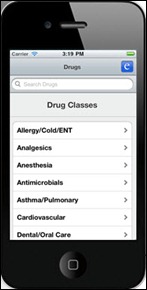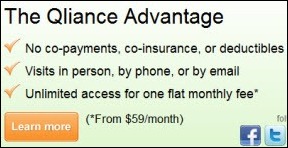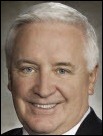The article about Pediatric Associates in CA has a nugget with a potentially outsized impact: the implication that VFC vaccines…
News 5/24/12
Humana notifies physicians and other providers of a system glitch that led to the rejection of 450,000 claims submitted through the Availity clearinghouse. The claims were originally submitted between April 26 and May 10 and rejected after Humana asked Availity to begin enforcing a new 5010 claims edit for linking diagnosis and procedure codes. CMS, however, recently announced it would reevaluate this particular edit requirement. Humana has now instructed Availity to relax the edit until CMS issues new guidance; the insurer also advises providers to resubmit any rejected claims.
Epocrates leads the market in the digital medical category, according to a Manhattan Research study. More than half of physicians use the app on a daily basis with drug references the most commonly accessed tool.
EMR/PM provider Cloud MDs signs a letter of intent to acquire Doctors Network of America, a Mississippi-based provider of physician billing consulting services.
Four Tennessee orthopedic practices agree to participate in a bundled payment system with BCBS of TN. The program will provide a set payment for an entire episode of care for total knee and hip replacements, including surgery, post care, and physical therapy. The TriZetto Group will supply a range of program components to support the payment bundling solution.
Lakeland Healthcare Group (IL) selects Merge Healthcare’s radiology solutions for its radiology practice.
The New York Times looks at the increasingly popular “direct primary care” model, which is similar to the concierge model but less expensive. The article profiles Qliance, a direct primary care clinic in Washington state that charges patients $59 a month for unlimited doctor visits, 24-hour email access to medical staff, and same-day or next-day appointments. That’s considerably less expensive than the $1,000-$2,000 per year fee charged by concierge practices for similar services. Call me a cynic but it sounds like the main difference between the two models is price. Of course the “direct primary care” label is probably more appealing to the masses, who may perceive that “concierge” practices are only for the wealthy and elite.
Pennsylvania Governor Tom Corbett announces that the state’s Medicaid program will begin covering telemedicine services to include consultations between patients and all physician specialists, who will be able to remotely diagnose patients, recommend and monitor treatment, order tests, and prescribe medication.







Calling a practice “concierge” or “cash only” are great examples of terrible branding, and will needlessly hobble it from the beginning, IMHO. I am not sure that “direct primary care” conveys a positive image, but at least it avoids the negative connotations of the other two. We need some advertising types to produce something better.